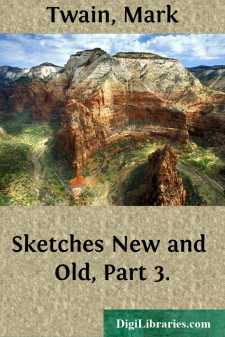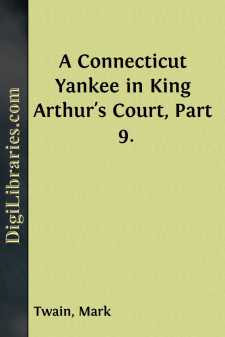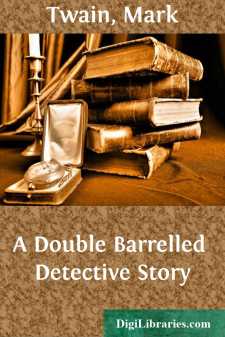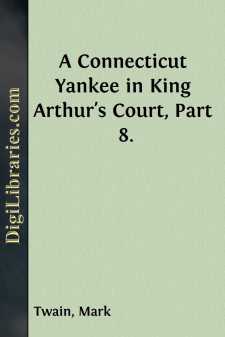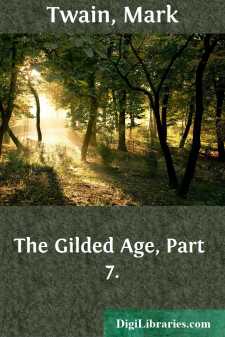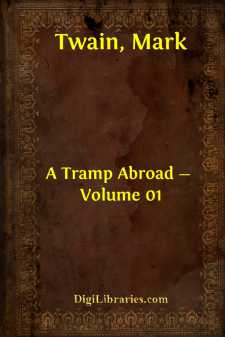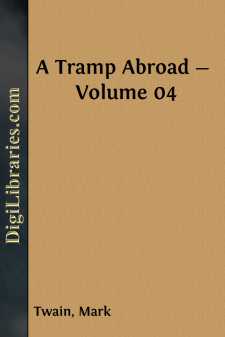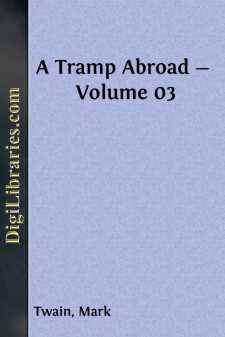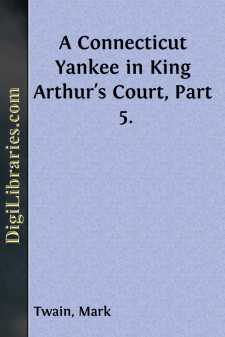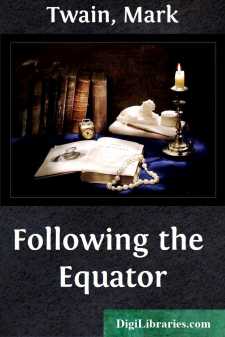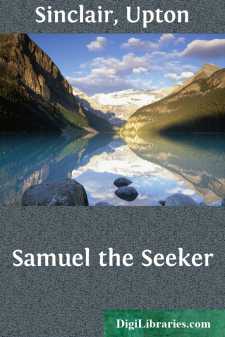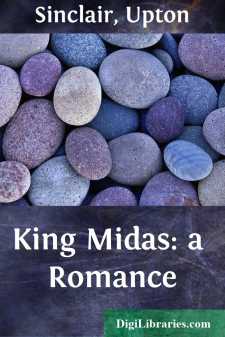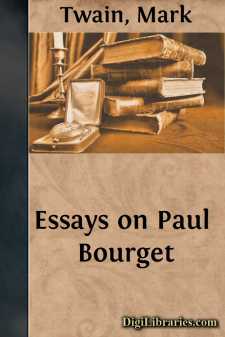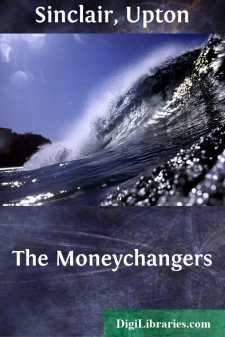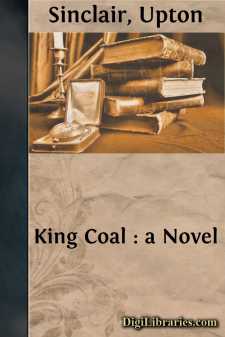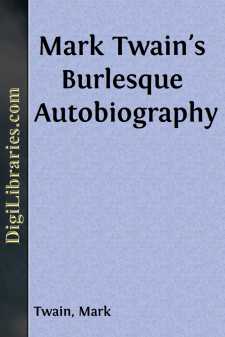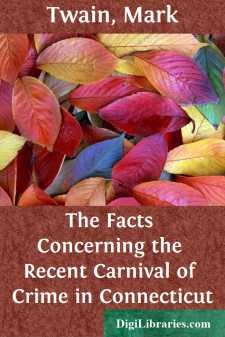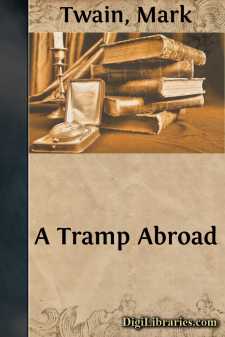Categories
- Antiques & Collectibles 13
- Architecture 36
- Art 48
- Bibles 22
- Biography & Autobiography 813
- Body, Mind & Spirit 142
- Business & Economics 28
- Children's Books 15
- Children's Fiction 12
- Computers 4
- Cooking 94
- Crafts & Hobbies 4
- Drama 346
- Education 46
- Family & Relationships 57
- Fiction 11828
- Games 19
- Gardening 17
- Health & Fitness 34
- History 1377
- House & Home 1
- Humor 147
- Juvenile Fiction 1873
- Juvenile Nonfiction 202
- Language Arts & Disciplines 88
- Law 16
- Literary Collections 686
- Literary Criticism 179
- Mathematics 13
- Medical 41
- Music 40
- Nature 179
- Non-Classifiable 1768
- Performing Arts 7
- Periodicals 1453
- Philosophy 64
- Photography 2
- Poetry 896
- Political Science 203
- Psychology 42
- Reference 154
- Religion 513
- Science 126
- Self-Help 84
- Social Science 81
- Sports & Recreation 34
- Study Aids 3
- Technology & Engineering 59
- Transportation 23
- Travel 463
- True Crime 29
Sketches New and Old, Part 3.
by: Mark Twain
Description:
Excerpt
In San Francisco, the other day, "A well-dressed boy, on his way to Sunday-school, was arrested and thrown into the city prison for stoning Chinamen."
What a commentary is this upon human justice! What sad prominence it gives to our human disposition to tyrannize over the weak! San Francisco has little right to take credit to herself for her treatment of this poor boy. What had the child's education been? How should he suppose it was wrong to stone a Chinaman? Before we side against him, along with outraged San Francisco, let us give him a chance—let us hear the testimony for the defense.
He was a "well-dressed" boy, and a Sunday-school scholar, and therefore the chances are that his parents were intelligent, well-to-do people, with just enough natural villainy in their composition to make them yearn after the daily papers, and enjoy them; and so this boy had opportunities to learn all through the week how to do right, as well as on Sunday.
It was in this way that he found out that the great commonwealth of California imposes an unlawful mining-tax upon John the foreigner, and allows Patrick the foreigner to dig gold for nothing—probably because the degraded Mongol is at no expense for whisky, and the refined Celt cannot exist without it.
It was in this way that he found out that a respectable number of the tax-gatherers—it would be unkind to say all of them—collect the tax twice, instead of once; and that, inasmuch as they do it solely to discourage Chinese immigration into the mines, it is a thing that is much applauded, and likewise regarded as being singularly facetious.
It was in this way that he found out that when a white man robs a sluice-box (by the term white man is meant Spaniards, Mexicans, Portuguese, Irish, Hondurans, Peruvians, Chileans, etc., etc.), they make him leave the camp; and when a Chinaman does that thing, they hang him.
It was in this way that he found out that in many districts of the vast Pacific coast, so strong is the wild, free love of justice in the hearts of the people, that whenever any secret and mysterious crime is committed, they say, "Let justice be done, though the heavens fall," and go straightway and swing a Chinaman.
It was in this way that he found out that by studying one half of each day's "local items," it would appear that the police of San Francisco were either asleep or dead, and by studying the other half it would seem that the reporters were gone mad with admiration of the energy, the virtue, the high effectiveness, and the dare-devil intrepidity of that very police-making exultant mention of how "the Argus-eyed officer So-and-so" captured a wretched knave of a Chinaman who was stealing chickens, and brought him gloriously to the city prison; and how "the gallant officer Such-and-such-a-one" quietly kept an eye on the movements of an "unsuspecting, almond-eyed son of Confucius" (your reporter is nothing if not facetious), following him around with that far-off look. of vacancy and unconsciousness always so finely affected by that inscrutable being, the forty-dollar policeman, during a waking interval, and captured him at last in the very act of placing his hands in a suspicious manner upon a paper of tacks, left by the owner in an exposed situation; and how one officer performed this prodigious thing, and another officer that, and another the other—and pretty much every one of these performances having for a dazzling central incident a Chinaman guilty of a shilling's worth of crime, an unfortunate, whose misdemeanor must be hurrahed into something enormous in order to keep the public from noticing how many really important rascals went uncaptured in the mean time, and how overrated those glorified policemen actually are....


